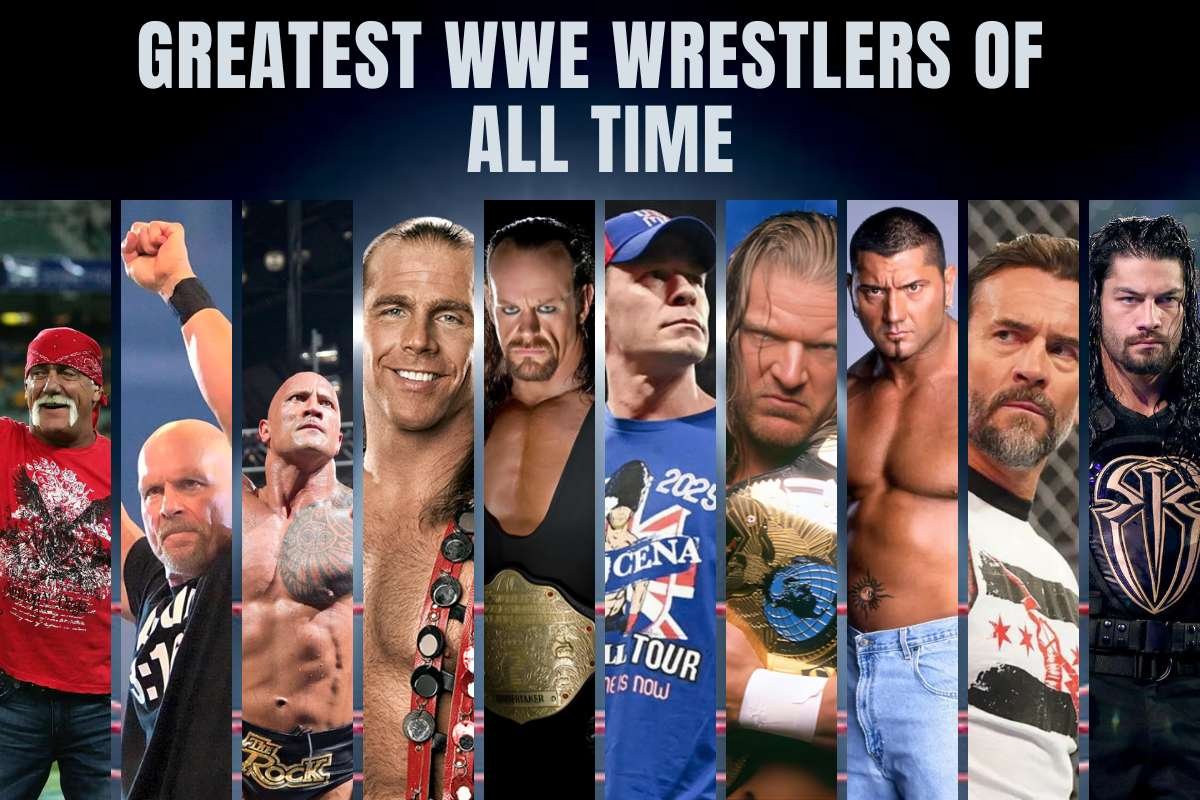The world of online gambling in the neighboring United States of America and Canada shares different realities largely due to their legal frameworks. The US landscape is a state-by-state reality, while Canada functions under a complex provincial licensing system for legal online casino play.
It is essential to understand the various regulatory environments that exist due to federal influence and state autonomy. Understanding them is crucial for player protection in both nations, accessibility and game provider options. This article explores both US and online casino Canada popularity. You will also discover the main differences and similarities, as well as the future of online casinos in Canada and the US.
How Popular Online Casinos are Across Canada and the US?
Online casinos across both countries are shaped by their legal frameworks despite their popularity.
Canada
Many Canadians enjoy playing online casino games. Up to 19 million engage in some form of betting annually, with a substantial number online. Provincial platforms like Loti-Quebec, OLG in Ontario are major players, providing trust and convenience. Most importantly, Canadians access internationally licensed offshore casinos legally.
This expands their options beyond the provincial borders to casinos operating in a “grey market.” This access, combined with generally responsible gaming, fuels participation and high engagement in online casinos. In April 2022, the Ontario Market was launched, and this regulated market alone attracted millions of active player accounts. It provided massive talent pull and billions in terms of revenue.
United States

The popularity of online casinos is significant in the US, and the numbers keep increasing every year. Ever since the PASPA repeal, regulated online casino markets have exploded. The likes of Delaware, New Jersey, Connecticut, Pennsylvania, Michigan, and West Virginia generate millions monthly. Regarded as the pioneer, monthly, New Jersey generates over $150 million in online casino revenue. Meanwhile, Michigan and Pennsylvania sometimes exceed the numbers. Player adoption in legal states is rapid due to the legal access, cutting-edge platforms and intense marketing. Although popularity is within states with a legal framework, players in some states without legal online casinos most time resort to offshore sites.
Some of the main Similarities and Differences between online casinos in Canada and the US.
Similarities
- Core Product
Both countries provide the same games. Blackjack, slots, live dealer games, roulette, poker, and they are provided by major software developers. The likes of Pragmatic Play, NetEnt, Evolution, etc.
- Payment Methods
Both markets have a range of popular methods like online bank transfers, e-wallets (Skrill and PayPal), and even prepaid options.
- Player Protections
Regulated operators in both countries implement strict responsible gambling tools. Age verification, Deposit limits, self-exclusion, time-outs, etc.
- Market focus
Both markets invest heavily in promotions like welcome bonuses and advertise.
Differences
- Legal Foundation

In Canada, it is primarily provincial, such that provinces can operate their own platforms. Federally, the criminal code allows provinces to conduct or manage gambling. The legal framework is very efficient, such that players operating in offshore sites are in a tolerated gray area. However, the US primary legal framework is in state jurisdiction but heavily influenced by federal law, post-PASPA repeal. States can legalise and regulate online casinos within their borders. Offshore sites are risky for players and illegal for operators.
- Tax on Winnings
In Canada, player winnings are not considered taxable income, whereas in the US, it is. Operators must issue W-2G forms, and players must report significant wins to the IRS in the US.
- Marketing
The market model in Canada is a mix of open competitiveness with private operators licensed by the province (eg, Alberta) and provincial monopolies. However, in the US, the market is exclusively competitive.
The future of online casinos in Canada and the US – are laws likely to be relaxed in further states and provinces?
US Legal Framework Expansion in Other States
More states in the US will lean towards legalising online casinos. The massive tax revenue generated in states like Michigan, Pennsylvania and New Jersey is an irresistible lure for states facing new income stream pressure. In years to come, the likes of New York and California may take the online casino bills into consideration seriously.
Canada Provincial reigns will diminish
The successful market launch of Ontario in April 2022 ensured that other provinces are moving towards similarly regulated competitive models. Alberta, Manitoba and some other states are modernising, debating and finding a progressive method of exploring transitions from monopolies to open markets. It is driven by revenue capture, and within a decade, there can be more provinces transitioning.
Gray Market

Both countries have a stance on offshore casinos. Although in Canada, the persistent acceptance of offshore casinos creates immense pressure on provinces, the US seem to have an open mind. Regulation allows them to capture lost tax revenue and channel play to safer environments. This is an economic reality for years to come in both countries.
Online casinos have evolved over the years around the globe, and their popularity in Canada and the United States of America is quite significant. Although the two neighbouring countries are driven by economic incentives, they have distinct legal paths. As it stands, both countries show movement towards legalisation, and this only means continued market expansion in the coming years.


















